MomenTUm 2024: booing, no gowns, and awards
No robes could be seen at this year’s MomenTUm, but there were hundreds of caps flying through the air. The festive graduation event took place at the Market Hall, as is tradition, and featured energetic performances, booing over the education budget cuts, and powerful beats by DJ Kit-T.
After the academic procession had arrived to the piano tunes of the Guus Meeuwis classic Brabant, and the boards of MomenTUm and the student associations had sat down to a loud drumroll, the students of the different departments entered one by one via the stairs at MetaForum. To the accompaniment of September by Earth, Wind & Fire and a remix of Toxic by Britney Spears, they took their seats. Afterwards, there was a performance by student dance association Footloose, with a choreography inspired by the sometimes somewhat stressful life of a student.
Unlike in previous years, the brand-new alumni didn’t wear a gown. The university stopped buying these ceremonial dress items in China, as the practice is reportedly not sustainable. Before it was adopted, opinions on the decision to discontinue the gown-wearing tradition were gathered from all of the student associations by a CEC working group. As the outcome was fifty-fifty, the decision stood. The students did get a graduation cap and matching red sash (silver for those graduating with honors).
As mentioned above, not every student was happy with this. “For me personally, the news came as a shock, because I’ve always dreamt of wearing a gown to MomenTUm, as have many of my fellow students,” said TU/e student Hadeel Khawatmy. “The university claims students will throw them away, but the gowns aren’t just for the pictures.” She also wondered why, out of all the things that presumably cost a lot of money at MomenTUm, it was the gowns that had to go.
Booing
When Robert-Jan Smits, President of the Executive Board, was called to the stage, he pretended like he had lost his cards with speaking notes. These were then brought to him by Solar Team Eindhoven’s Stella Terra. He said he was extremely proud of the graduates, but couldn’t help but reference the education budget cuts with the words: “Something bad is coming. This prevents us, as a university, to do what we really want to do.” He then asked the people in the room to loudly boo the politicians in The Hague, which the students, family, and friends proceeded to do en masse.
Silvia Lenaerts also addressed the students. “You made it. We’re very proud of you. Now you can choose your own path. You can stay on here, start a job, or do something completely different. Choose something that makes you happy and comfortable.” The Rector Magnificus then shared the university’s new core values (Curious, Open, Responsible, and Respectful, or ‘CORe’), which she hopes the students will keep honoring now they’ve graduated.
She concluded by quoting sociologist Marshall McLuhan. “There are no passengers on spaceship Earth. We are all crew.” In other words, we all have a responsibility to take care of ourselves and each other.
Academic awards
Later, at De Zwarte Doos, the award for the best bachelor’s thesis was presented to Wiktor Kwapinski (Applied Physics) for his research into cooling nanowires, minute wires that are being developed at TU/e and that in future can be used in such things as solar cells and quantum computers. By tackling overheating, these wires could play an important role in photonic chips, Kwapinski thinks. “This is unprecedented,” said Lenaerts based on the jury report. “It demonstrates broad scientific knowledge. It’s an incredible achievement.”
According to the jury, the best master’s thesis of the year was written by Lyanne Budé (Biomedical Engineering). She successfully developed two functioning antennas for an MR system at UMC Utrecht, fashioned out of coaxial cables. In addition, a completely new coax monopole antenna was developed that makes it significantly easier to guide cables. The improvement of this technology contributes to making MRI more accessible in developing countries and providing greater insight into the human anatomy.
The Audience Award was won by bachelor’s student Milan van Bussel, who received over two hundred of the total of 2,500 votes cast. “The voters saw the relevance of this research,” said the Rector Magnificus upon presenting the award. “He showed the far-reaching consequences of milk production in the Netherlands. This thesis can contribute to a fair debate and an effective approach to the challenges in livestock farming.”
Teacher Awards
This year’s award for best bachelor’s teacher went to Professor Rudi Bekkers (Innovation Sciences). Interaction is a crucial part of his classes, which means that students are actively guided through the subject matter. His enthusiasm for the field is widely praised by students. Using practical examples, Bekkers manages to captivate them and encourage them to critically reflect on regulation within the industry.
Assistant Professor Melvin Drent (Industrial Engineering) secured the award for best master’s teacher. What sets him apart from the competition is his passion for teaching, which is particularly evidenced by his dedication to his students. According to them, he’s not just a successful mentor within the university, but also outside of the campus. They praise him for his accessibility and approachability, which even involves joining the occasional student association trip.
Both winners got a check for fifteen thousand euros. The other nominees definitely did not go home empty-handed, as all of them received a cash prize of three thousand euros.
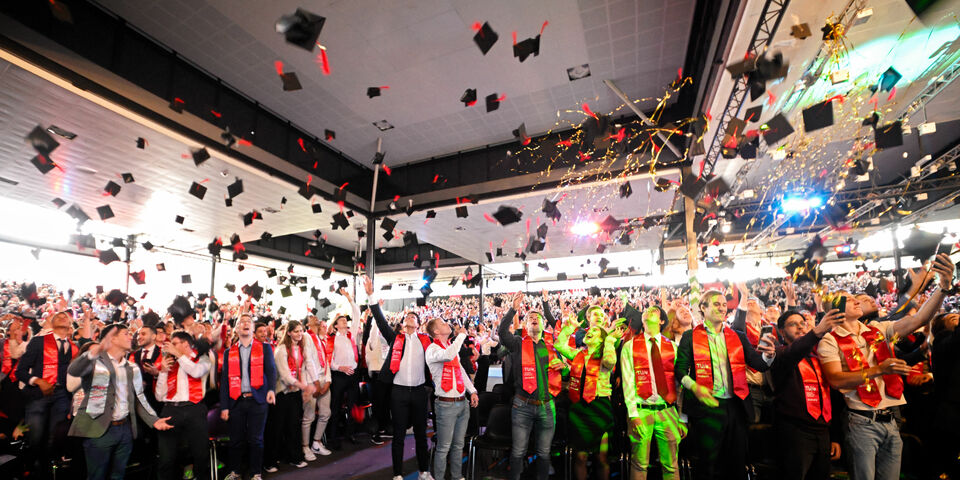

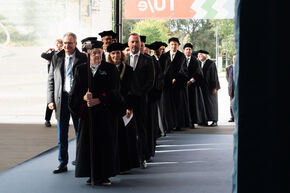
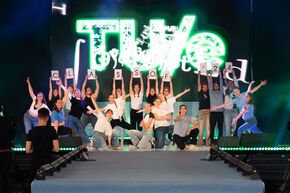
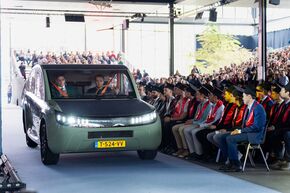
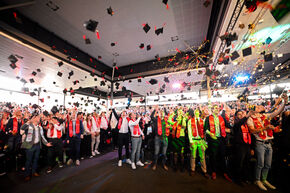
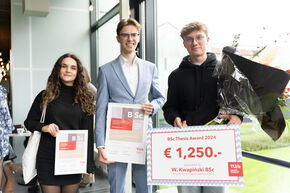
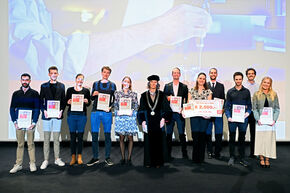
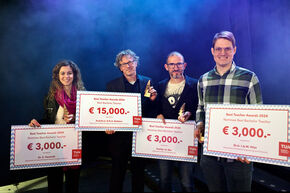
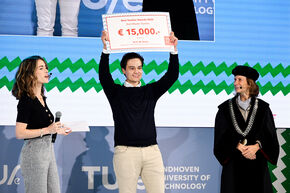
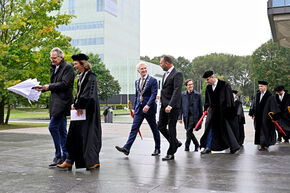
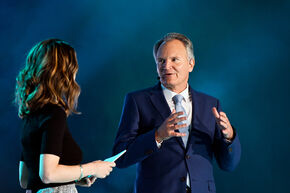
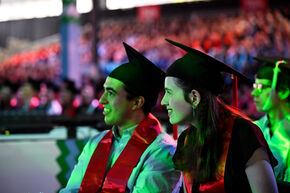
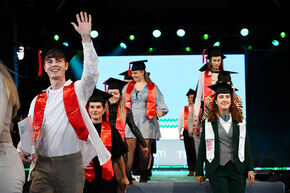
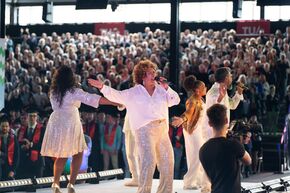
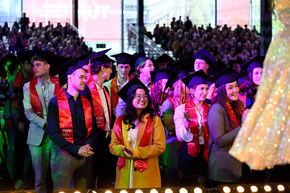
Discussion